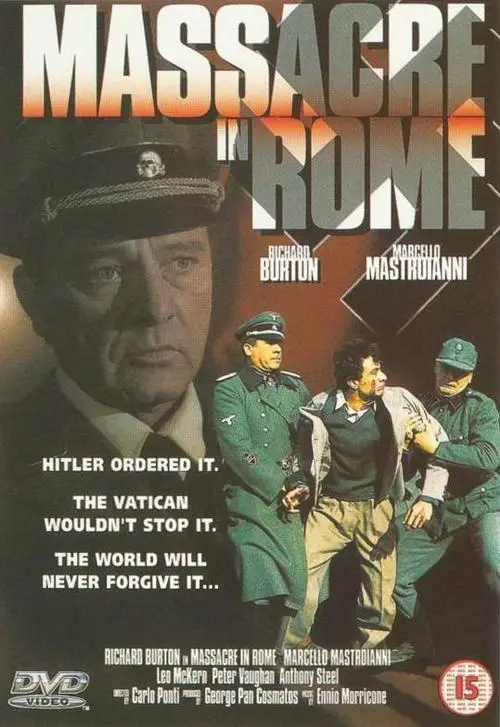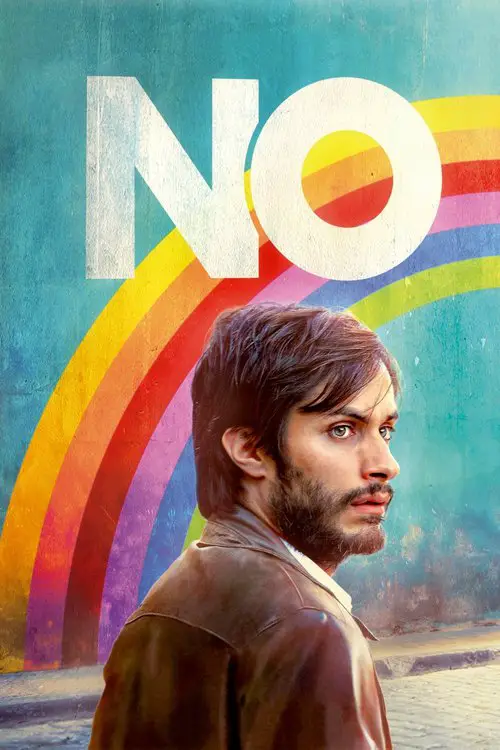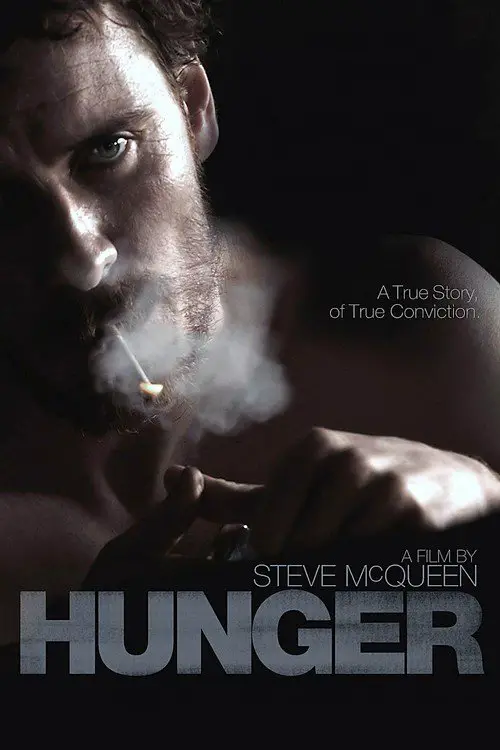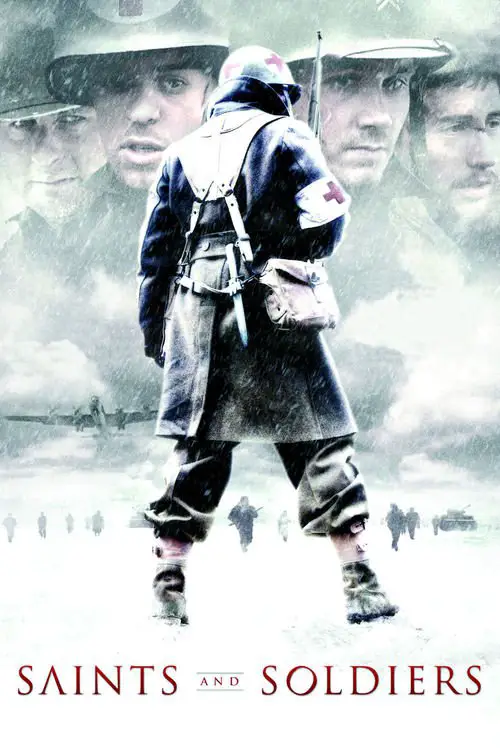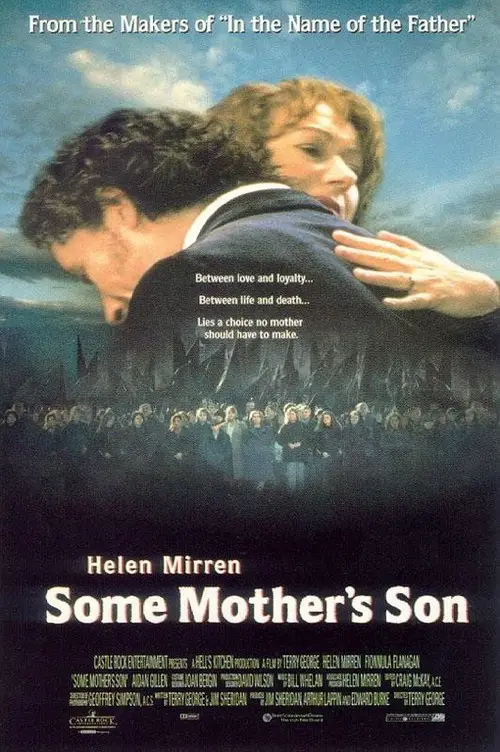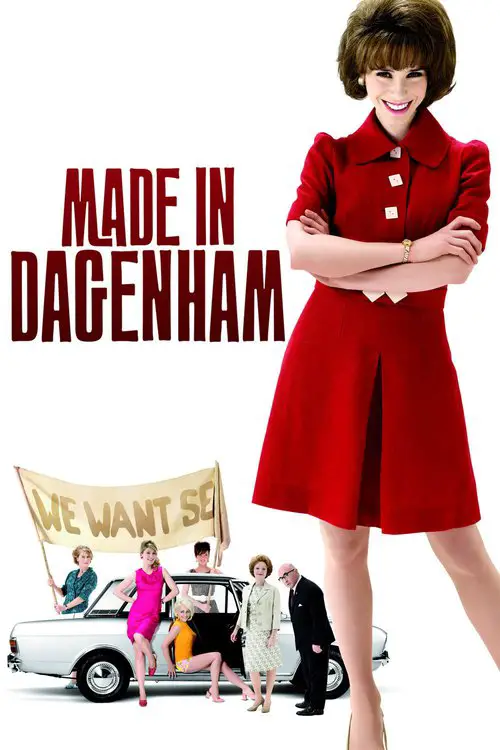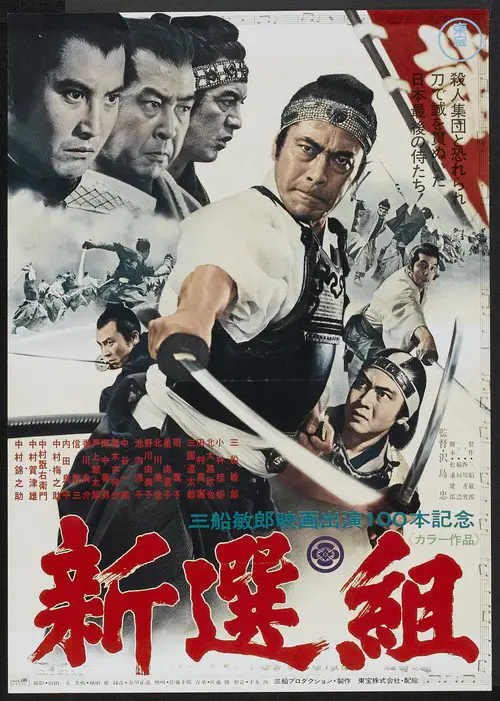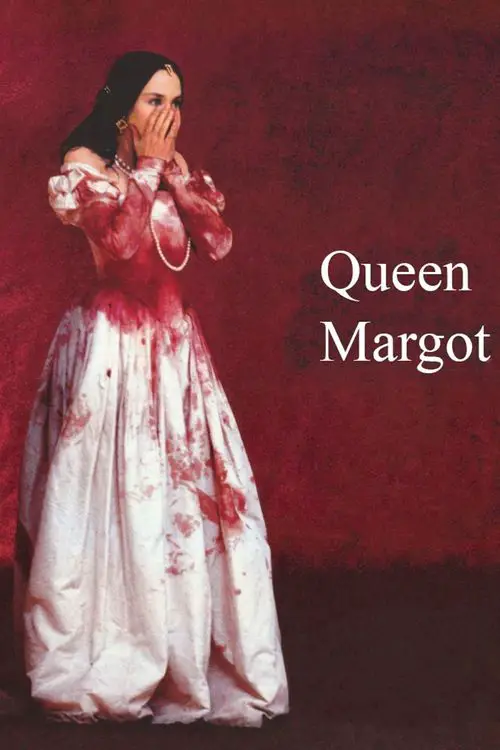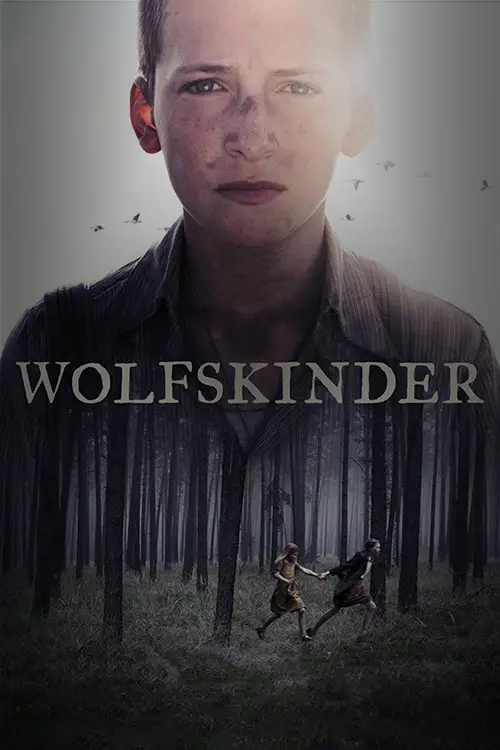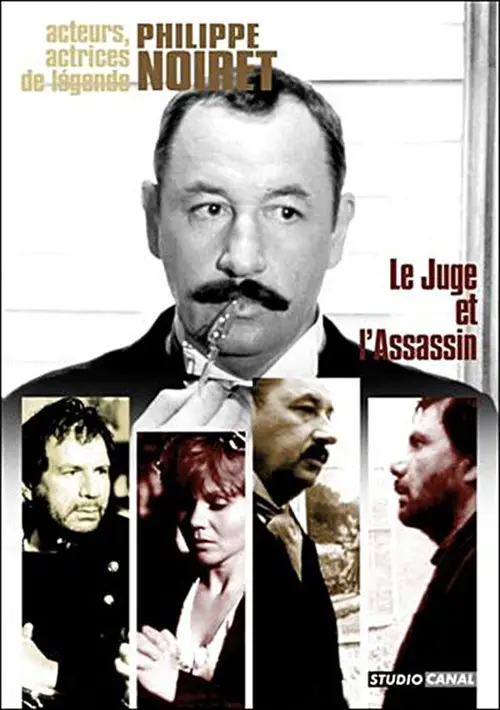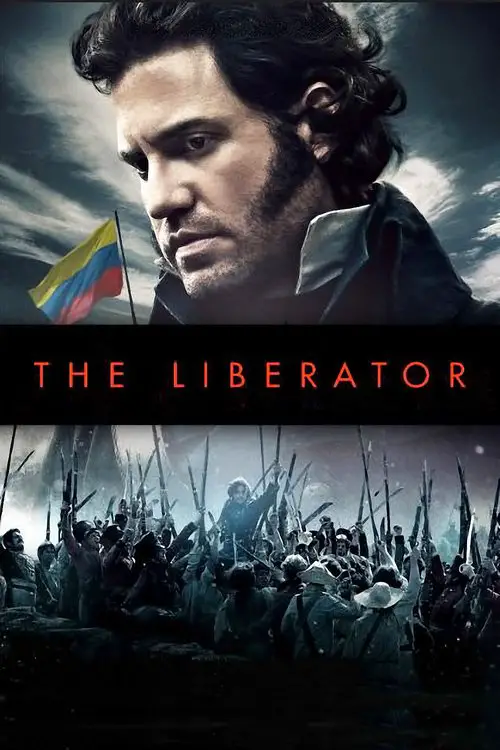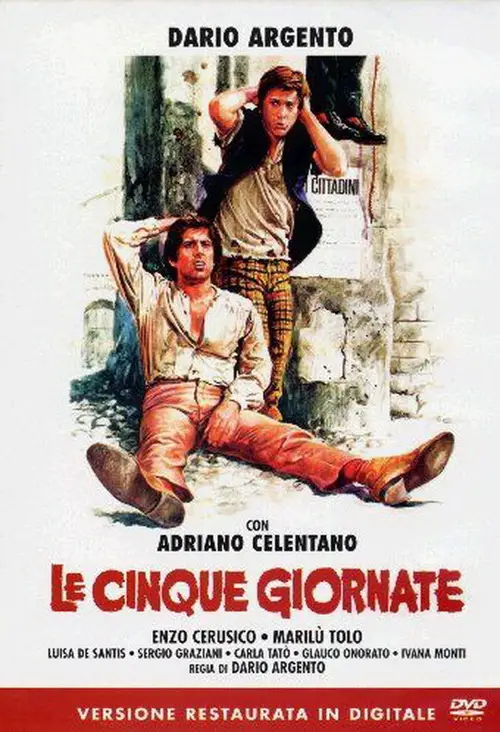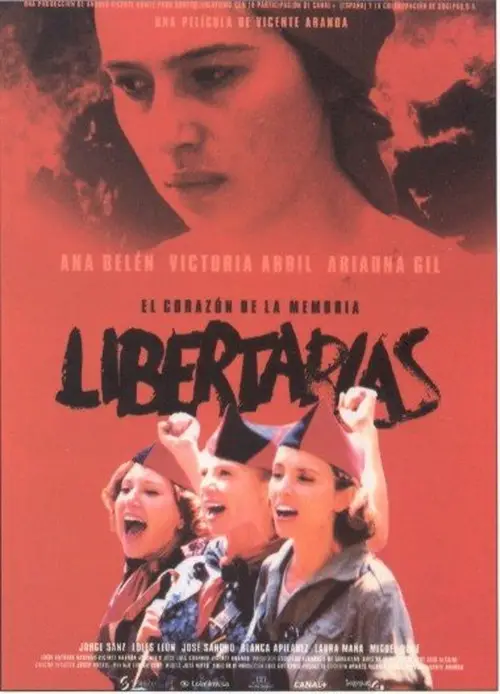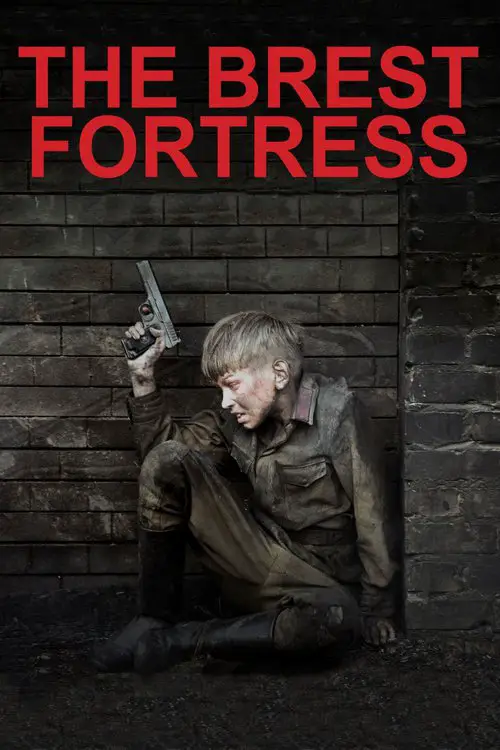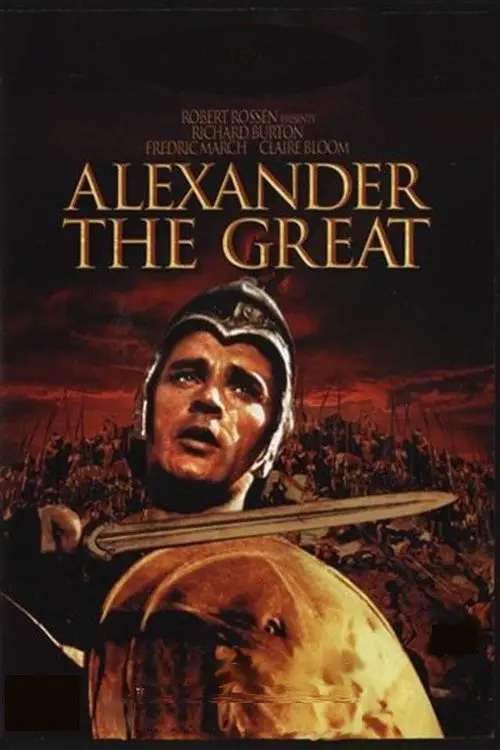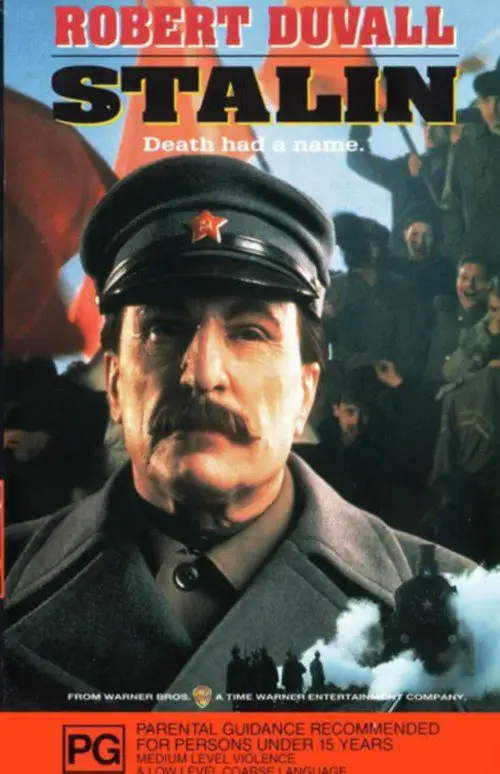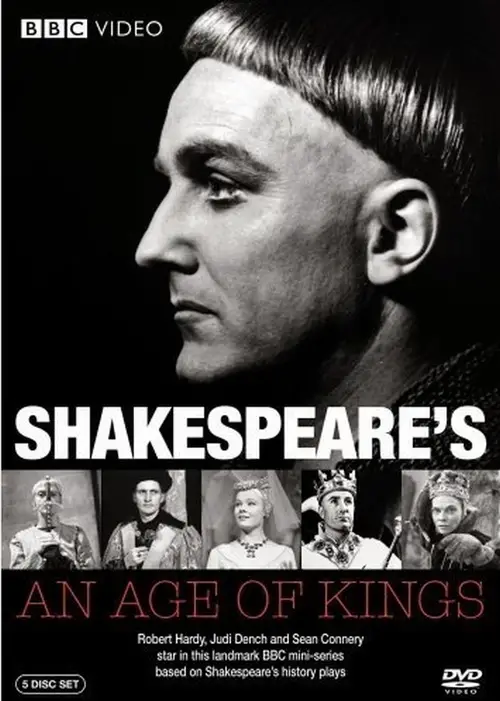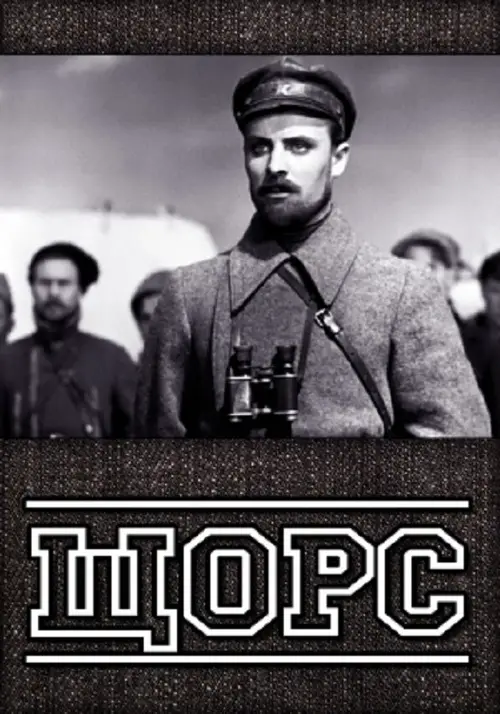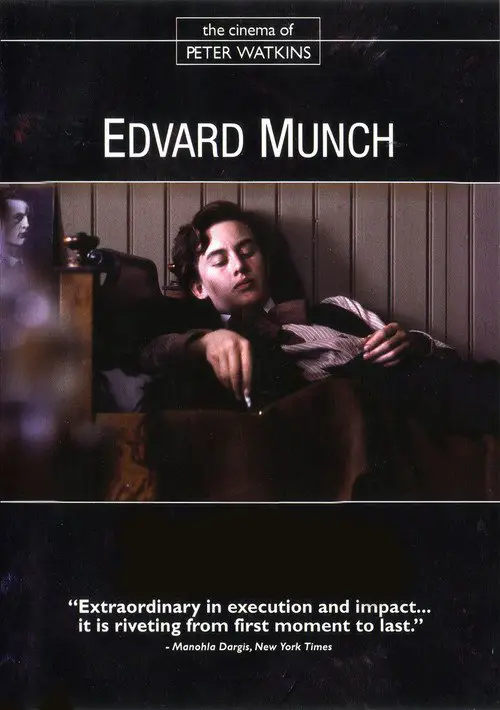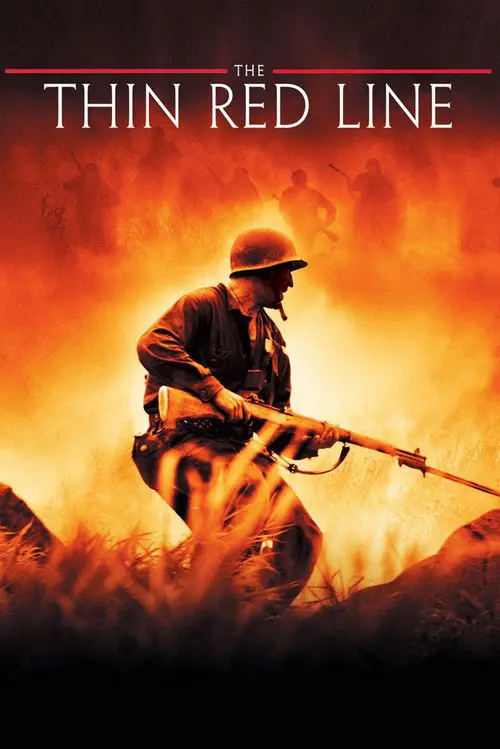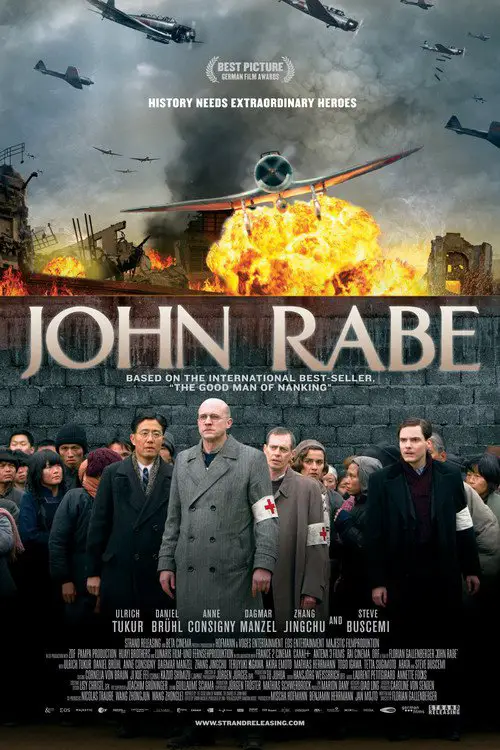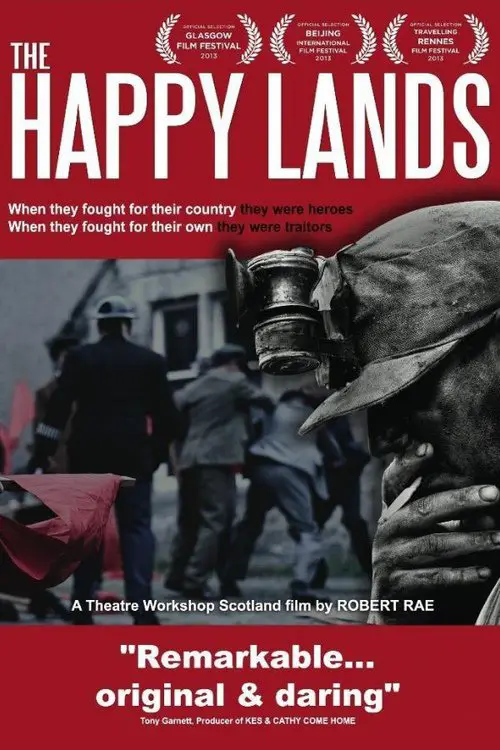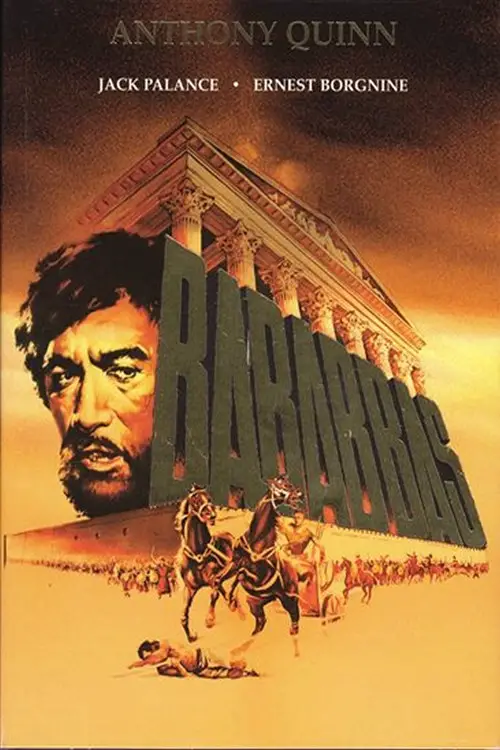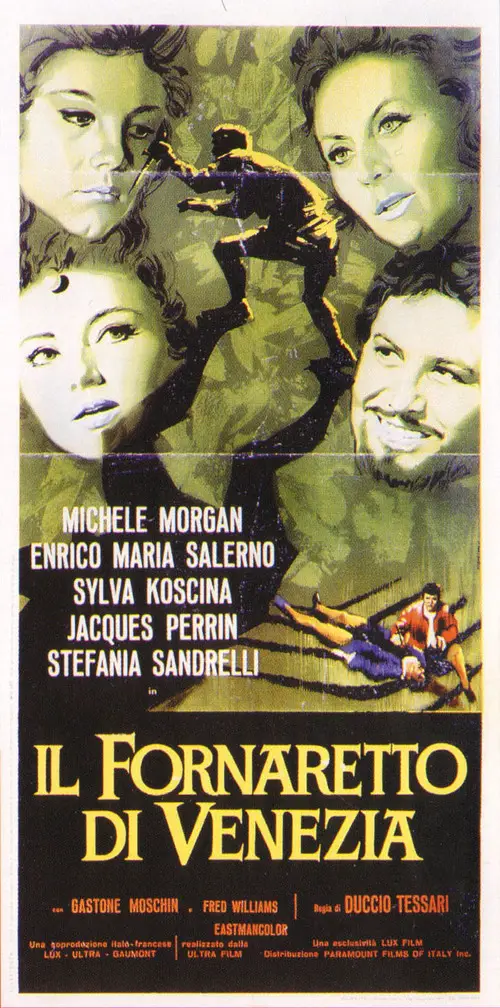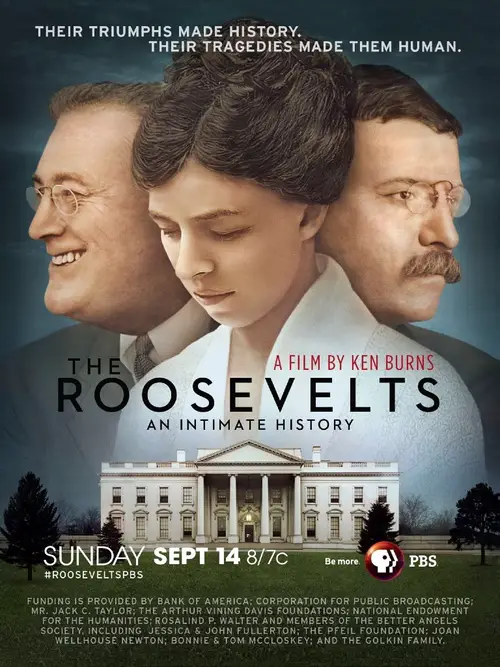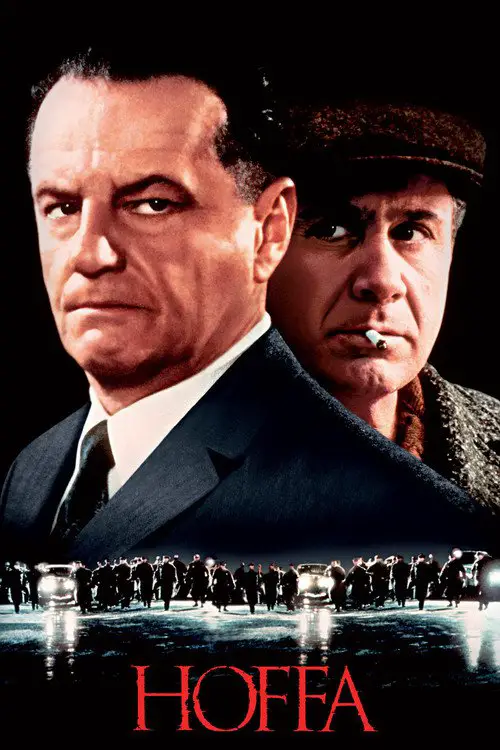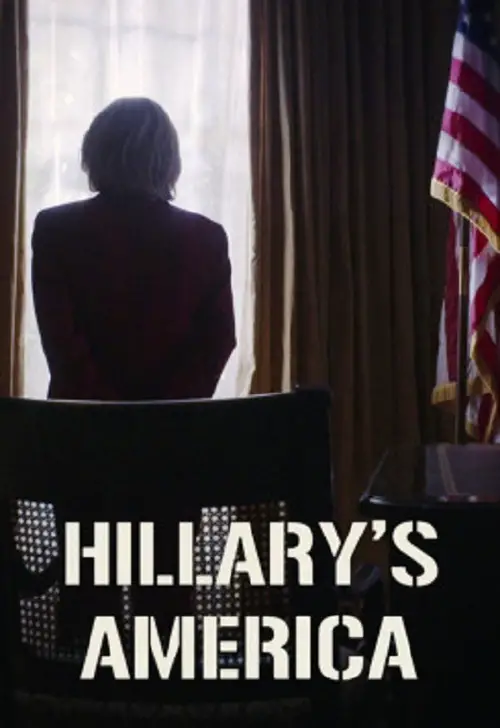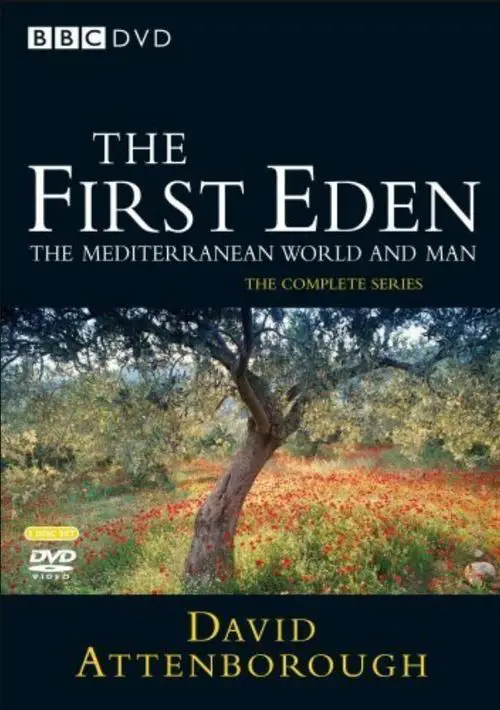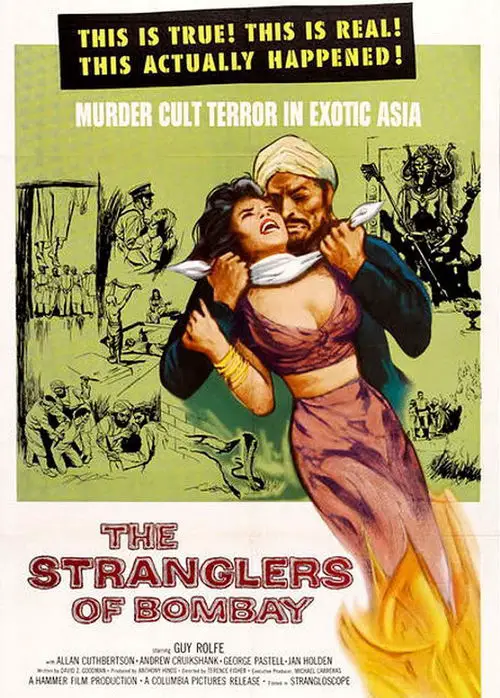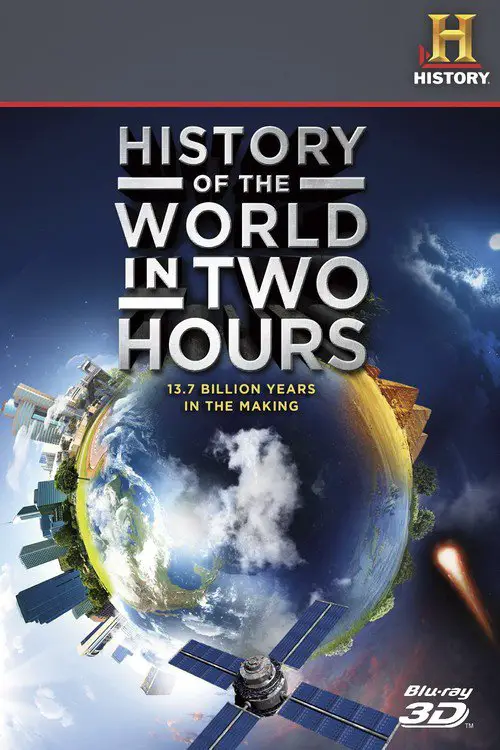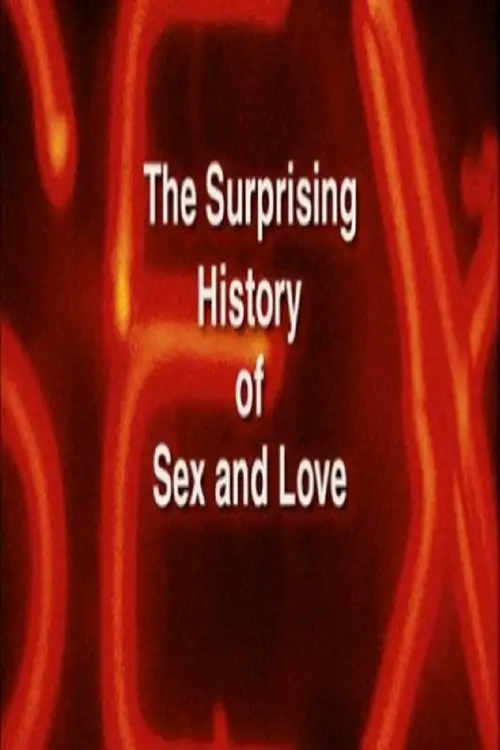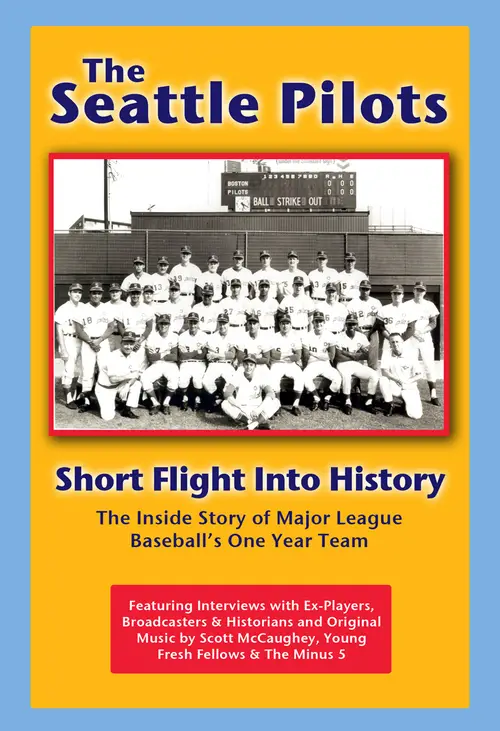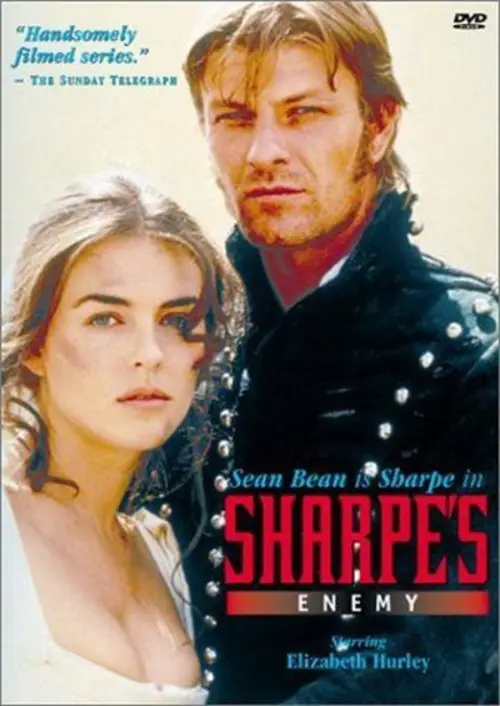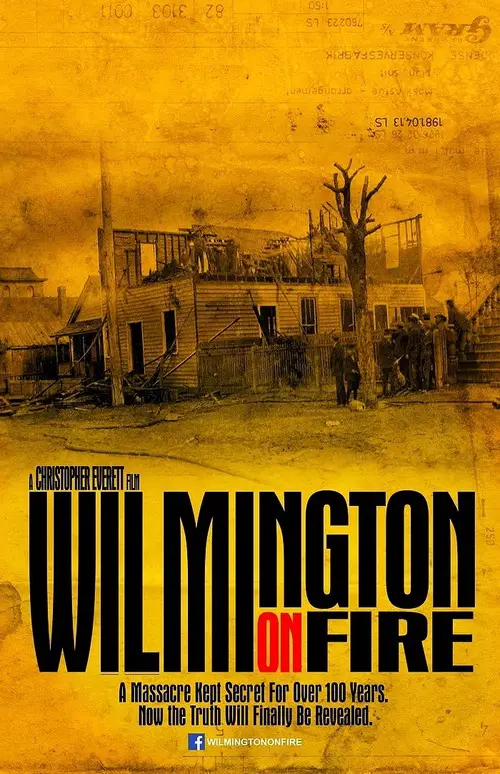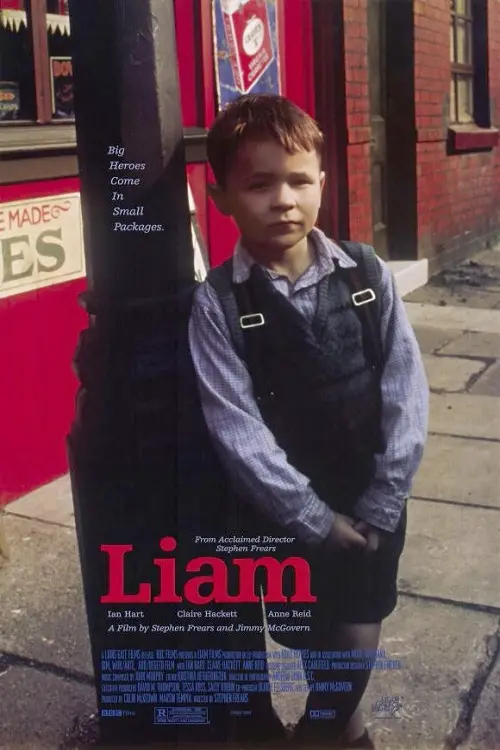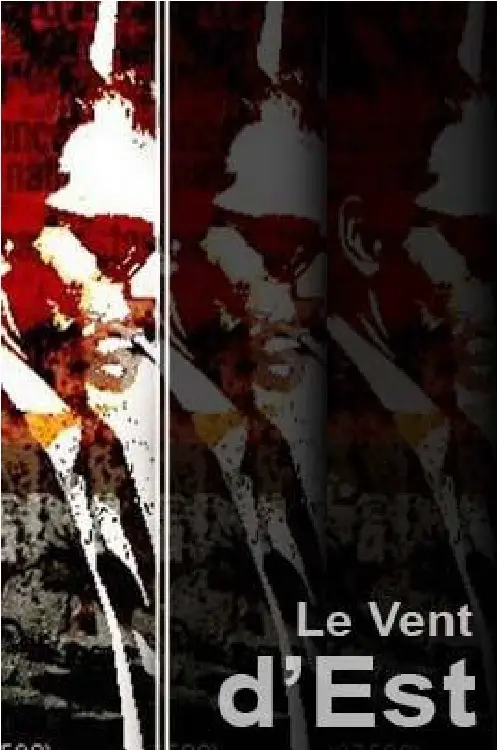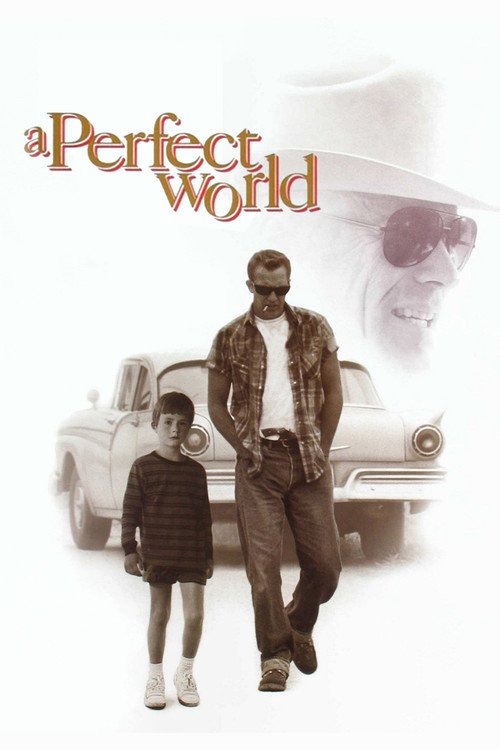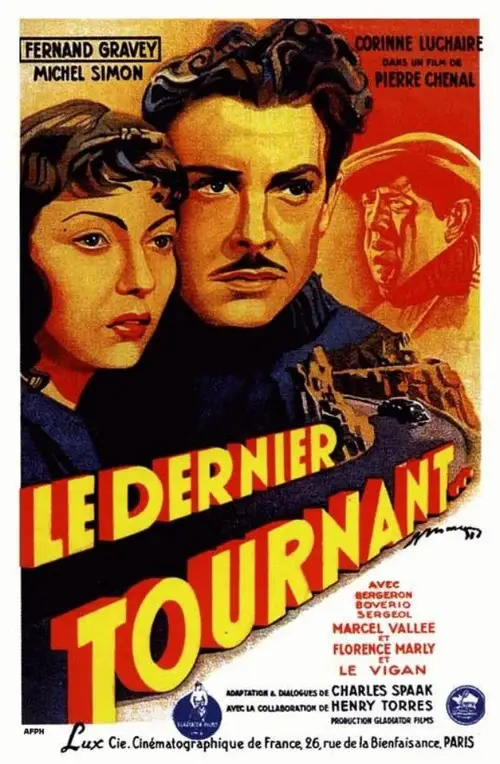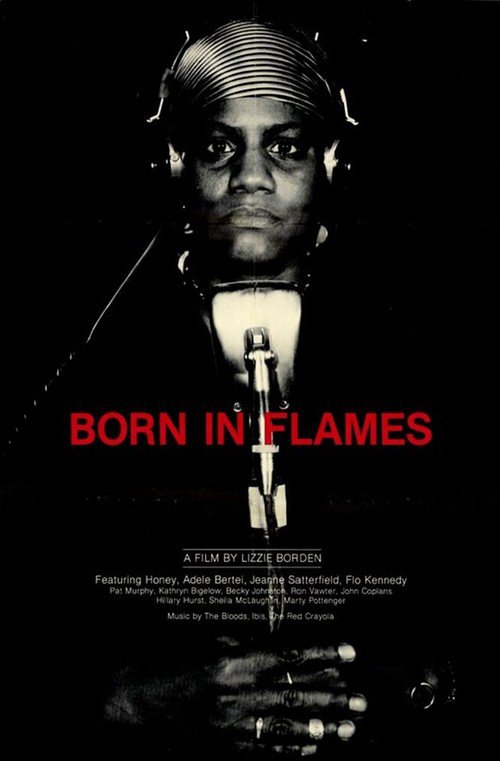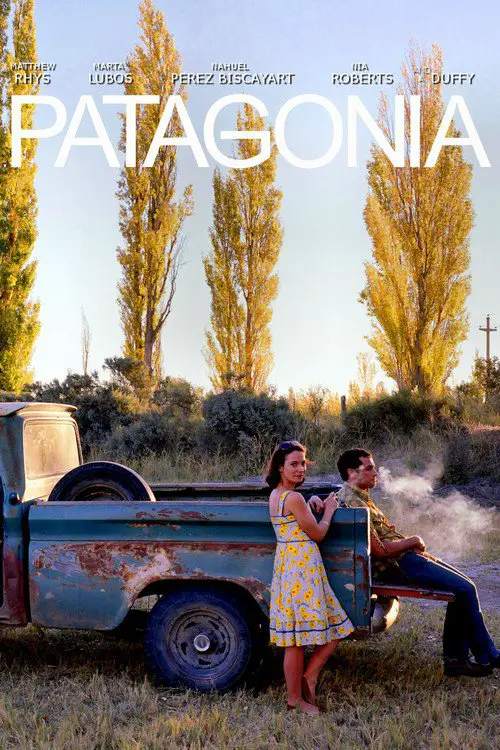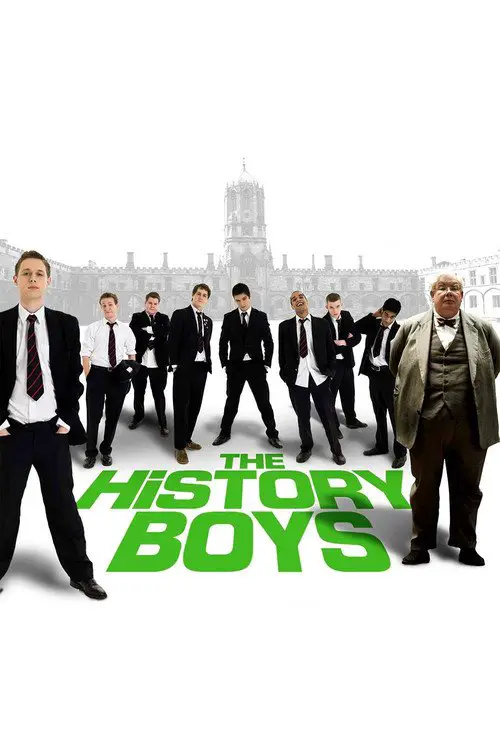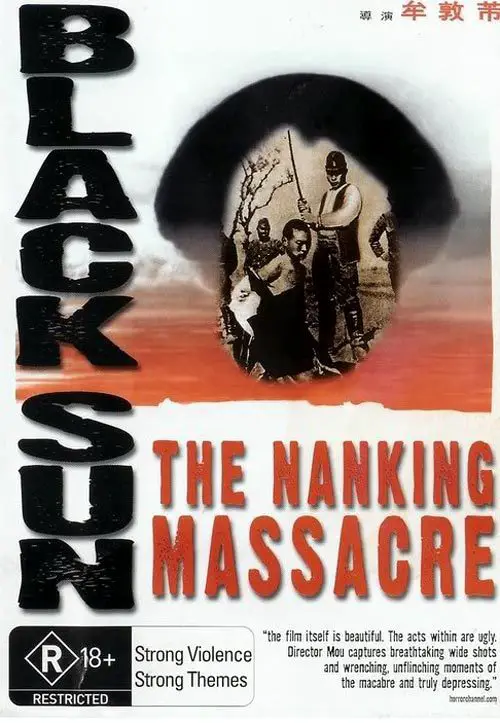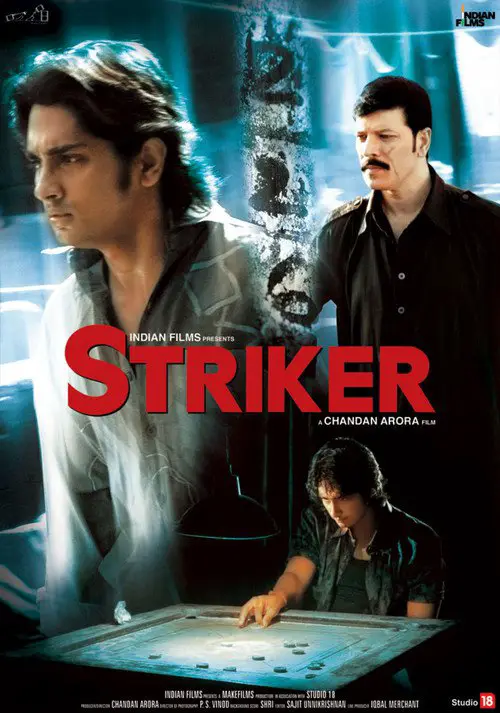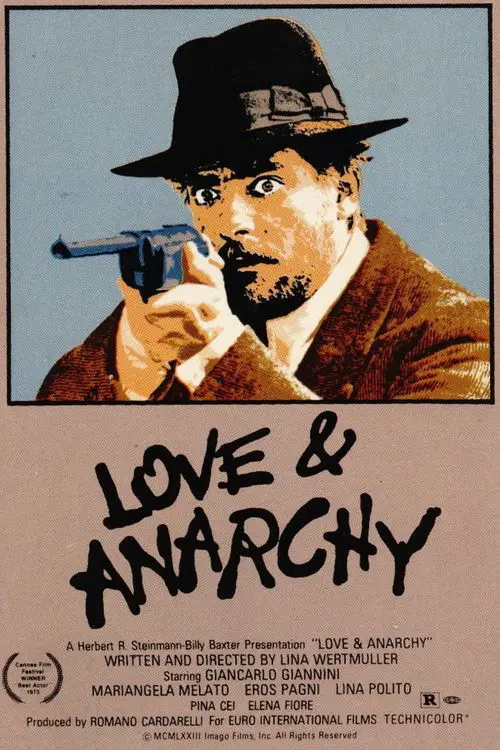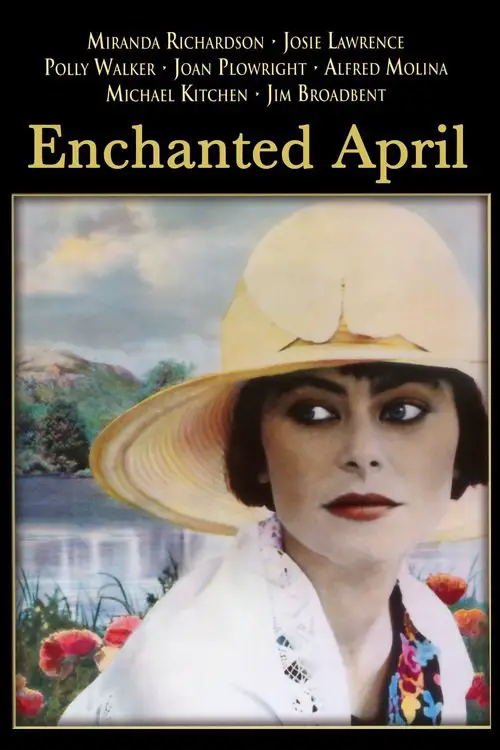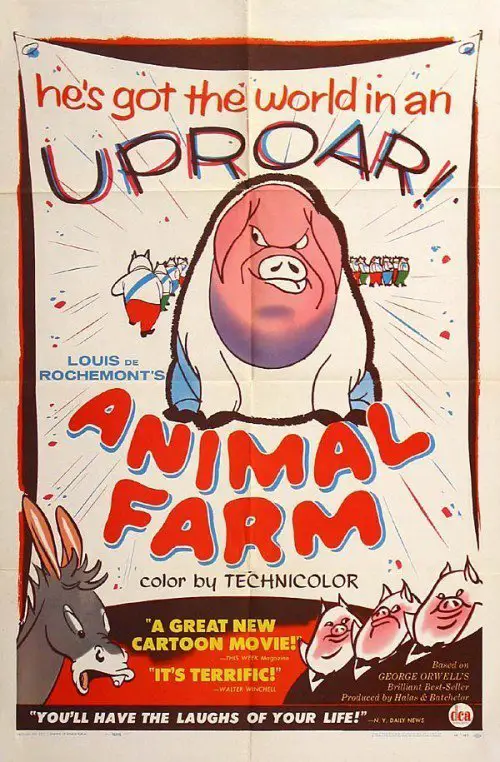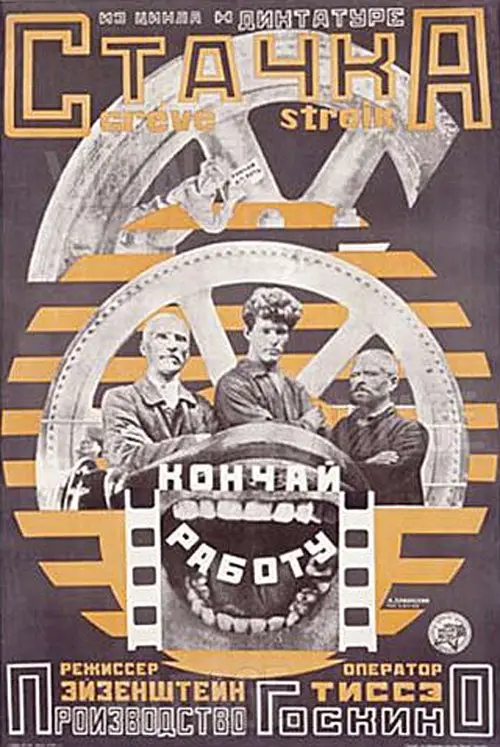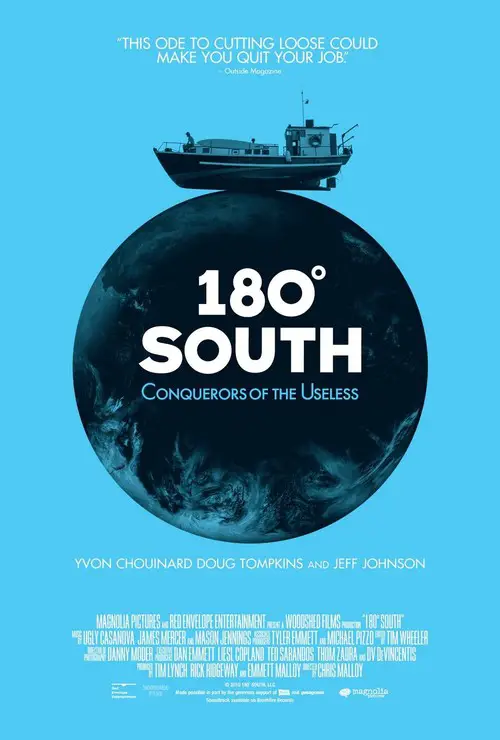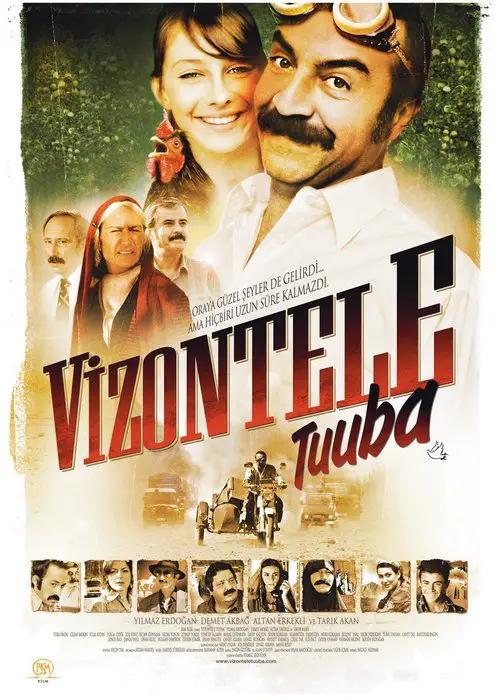La Patagonia rebelde (1974)
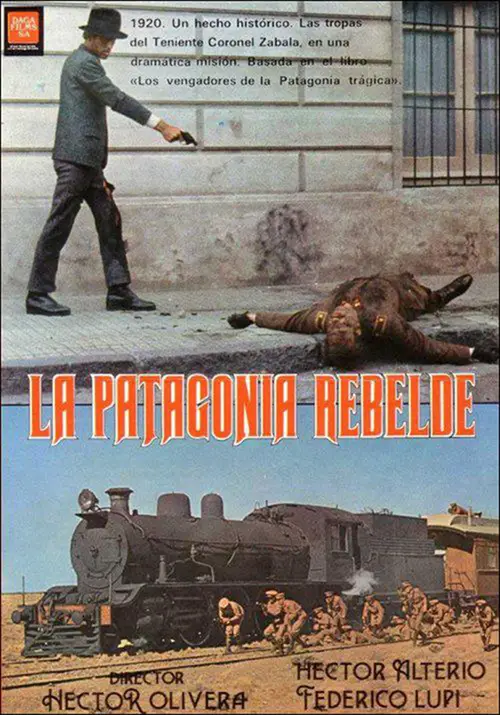
Similar movies
In Warsaw in 1980, the Communist Party sends Winkel, a weak, alcoholic TV hack, to Gdansk to dig up dirt on the shipyard strikers, particularly on Maciek Tomczyk, an articulate worker whose father was killed in the December 1970 protests. Posing as sympathetic, Winkel interviews the people surrounding Tomczyk, including his detained wife, Agnieszka.
In 1988, Chilean military dictator Augusto Pinochet, due to international pressure, is forced to call a plebiscite on his presidency. The country will vote âYesâ or âNoâ to Pinochet extending his rule for another eight years. Opposition leaders for the âNoâ vote persuade a brash young advertising executive, Rene Saavedra, to spearhead their campaign. Against all odds, with scant resources and while under scrutiny by the despotâs minions, Saavedra and his team devise an audacious plan to win the election and set Chile free.
A wartime drama about the 1920âs Irish revolution against the British. The Irish medical student Damian is about to start his new job in London as he is witness to the mercenary atrocities of the British and decides to join his brother in the resistance group I.R.A to fight for Irish independence.
Based on the true story of the 1981 hunger strike in a British prison, in which IRA prisoner Bobby Sands led a protest against the treatment of IRA prisoners as criminals rather than as prisoners of war. The film focuses on the mothers of two of the strikers, and their struggle to save the lives of their sons.
City of Life and Death takes place in 1937, during the height of the Second Sino-Japanese War. The Imperial Japanese Army has just captured the then-capital of the Republic of China, Nanjing. What followed was known as the Nanking Massacre, or the Rape of Nanking, a period of several weeks wherein tens of thousands of Chinese soldiers and civilians were killed.
Near the end of the nineteenth century, as the balance of power shifts from Shogunate towards the Emperor, Japan restlessly awaits the dawning of a new age. But not all are content...The Shinsengumi, a small army of samurai, farmers and peasants, band together to do battle against the tide of history. Their leader, Isami Kondo (Mifune) is a man who rises from farmer to fighter to head the fierce Shinsengumi brigade. Using a stern hand and a heart of gold, he rallies his men in defense of the tottering Shogunate. But bloodshed and treachery lurk around every corner.
The night of August 24, 1572, is known as the Massacre of St. Bartholomew. In France a religious war is raging. In order to impose peace a forced wedding is arranged between Margot de Valois, sister of the immature Catholic King Charles IX, and the Hugenot King Henri of Navarre. Catherine of Medici maintains her behind-the-scenes power by ordering assaults, poisonings, and instigations to incest.
France, 1893. Joseph Bouvier attempts to shoot his love who refused to marry him and to commit suicide. Upon release from the filthy asylum where he was placed, with bullets still remaining in his head, he wanders the country roads and rapes and murders many teenagers over years. The judge Rousseau captures him, but to serve his ambition seeks to avoid that Bouvier is simply declared insane.
BolÃvar was instrumental in Latin Americaâs struggle for independence from the Spanish Empire, and is today considered one of the most influential politicians and emancipators in American history. Libertador is told from the viewpoint of BolÃvar, portrayed by RamÃrez, about his quests and epic military campaigns, which covered twice the territory Alexander the Great conquered, and his vision to unify South America.
The invasion of a village in Byelorussia by German forces sends young Florya (Alexei Kravchenko) into the forest to join the weary Resistance fighters, against his family's wishes. There he meets a girl, Glasha (Olga Mironova), who accompanies him back to his village. On returning home, Florya finds his family and fellow peasants massacred. His continued survival amidst the brutal debris of war becomes increasingly nightmarish, a battle between despair and hope.
As Italy becomes engulfed in a bubbling revolution to finally get rid of the ruling Austrian's,a patriotic prisoner called Cainazzo begins to wonder if he will soon get the chance to see the revolution in action away from his prison cell.Suddenly,a cannon ball comes flying through the air and knocks the main wall of the prison down. Excited in at last having the chance to see the change taking place in person,Cainazzo hits a bumpy road,when one of his former fellow prisoner yells out to all the revolutionary gangs that Cainazzo is not a patriot,but is in fact a traitor!
At the outbreak of the Spanish Civil War, the nun Maria is forced to flee her convent. She takes refuge in a brothel, until it is liberated by a woman's anarchist group. Maria joins the group and eventually goes to the front. The women's group faces the problems of fighting not only the nationalists, but also factions on the left seeking to impose a more traditional military structure. Written by Brian Rawnsley
He was a fierce military commander who led huge armies into battle without a single defeat; a magnificent warrior who many believed was part god - this was Alexander the Great (Richard Burton), the legendary Greek hero hailed by his countrymen as "The King of Kings". Born in 356 B.C. into a turbulent world of political unrest, educated by Aristotle (Barry Jones) and chosen to lead his people in the grand tradition of his powerful father (Fredric March), this glamorous world conqueror rose above all conflict to unite the continents of Europe and Asia to become one of the most celebrated rulers of all time! Written, produced and directed by Oscar - winner Robert Rossen and featuring the extraordinary Claire Bloom and a remarkable cast of thousands, this stunning portrait of one of history's most fascinating figures is colossal entertainment and an amazing spectacle.
The year is 1919. German troops retreat from Ukraine. The Directory, the Ukrainian national government lead by Symon Petliura, takes control of Kyiv. Meanwhile, the Bolshevik division commanded by Mykola Shchors is marching on the capital. The Bolsheviks capture the cities of Vinnytsia, Zhmerynka, and others one by one, but lose Berdychiv to Petliuraâs forces. They are demoralized by the defeat. By his personal example of courage and military skill, Shchors inspires the retreating Red troops and leads them to victory over the enemy.
A biographical film about the Norwegian Expressionist painter Edvard Munch. It was originally created as a three-part miniseries co-produced by the Norwegian and Swedish state television networks, but subsequently gained an American theatrical release in a three-hour version in 1976. The film covers about thirty years of Munch's life, focusing on the influences that shaped his art, particularly the prevalence of disease and death in his family and his youthful affair with a married woman.
Based on the graphic novel by James Jones, The Thin Red Line tells the story of a group of men, an Army Rifle company called C-for-Charlie, who change, suffer, and ultimately make essential discoveries about themselves during the fierce World War II battle of Guadalcanal. It follows their journey, from the surprise of an unopposed landing, through the bloody and exhausting battles that follow, to the ultimate departure of those who survived. A powerful frontline cast - including Sean Penn, Nick Nolte, Woody Harrelson and George Clooney - explodes into action in this hauntingly realistic view of military and moral chaos in the Pacific during World War II.
Epic account of the thief Barabbas, who was spared crucifixion when Pilate manipulated the crowd into pardoning him, rather than Jesus. Struggling with his spirituality, Barabbas goes through many ordeals leading him to the gladiatorial arena, where he tries to win his freedom and confront his inner demons, ultimately becoming a follower of the man who was crucified in his place.
Il Fornaretto di Venezia (US TV title: The Scapegoat) is a 1963 Italian film directed by Duccio Tessari who co-wrote screenplay with Marcello Fondato, based on novel by Francesco Dall'Ongaro. It tells the story of 16th century's Venice where a young worker is sentenced to death on the suspicion of attacking a noble.
India 1826. The cult of Thugee was sweeping the sub-continent. Worshippers of the goddess Kali demonstrated their devotion by the mutilation and mass murder of thousands of victims. This wave of religious fervour challenges the stability of the Raj and threatens anarchy and chaos but can the cool pragmatism of the British compete against the power of this extreme and zealous passion?
Did you know that 1% of the white noise you see on old televisions is background radiation from The Big Bang? That the gold on a wedding ring comes from a star that exploded 5 billion years ago? And, that we're connected to the salt water of the first oceans through the water in our bodies? Our human story is actually 14 billion years old and the clues are all around us. This CGI-driven special will tell the history of our world in two hours, an ambitious story that will give surprising connections to our daily lives. From the formation of the earth and the emergence of life, to the advance of man and the growth of civilization, itâs a rapid-fire view of our unforgettable story.
The Surprising History of Sex and Love is a documentary presented by Terry Jones, looking at the different and surprising attitudes to sex and love throughout history. The documentary traces the story of changing social and religious attitudes to sex through a broad swathe of history. Starting with the place of âsacred sexâ in the ancient world and ending with a discussion of the contemporary relationship between sex, marketing and prurience, the film offers some kind of map of how we got from there to here, and indicates that changes in sexual attitudes are connected with issues of power and control.
Portugal 1813. A band of deserters, including Sharpe's old enemy, Obadiah Hakeswill, have captured two women, one the wife of a high-ranking English officer, and are holding them hostage for ransom. Sharpe is given the 60th Rifles and a Rocket troop, as well as his majority to rescue the women. But while Sharpe may be able to deal with his old enemy, he has yet to face a newer threat, the French Major Duclos.
"Wilmington on Fire" is a feature-length documentary that gives a historical and present day look at the Wilmington Massacre of 1898 and how the descendants of the victims of the event are asking for legal action in regards to compensation. The Wilmington Massacre of 1898 was a bloody attack on the African-American community by a heavily armed white mob on November 10, 1898 in the port city of Wilmington, North Carolina. It is also considered one of the only examples of a violent overthrow of an existing government (coup d'etat) and left countless numbers of African-American citizens dead. This event was the springboard for the white supremacy movement and Jim Crow (segregation) throughout the state of North Carolina, and the American South.
A morality tale of xenophobia, religious prejudice, mob violence, poverty, and their effect on two children in Liverpool during the Depression. When a shipyard closes, Liam and Teresa's dad loses his job. Liam, who's about 8, making his first Holy Communion, gets a regular dose of fire and brimstone at church. Teresa, about 13, has a job as a maid to the Jewish family that owns the closed shipyard. The lady of that house is having an affair, and Teresa becomes an accomplice. Liam stutters terribly, especially when troubled. Dad comes under the sway of the Fascists, who blame cheap Irish labor and Jewish owners. A Molotov cocktail brings things to a head.
Wind From the East is a product of Jean-Luc Godard's involvement, during the late 60s and early 70s, with a collective filmmaking experiment known as the Dziga Vertov Group. The film is, typically of the films he made during this period, about ideas and simultaneously about how best to express those ideas through the medium of film. The film deals with the situation of a strike and, during its first half, methodically analyzes the different components of the strike: the workers, the radical students who encourage the strike while not quite being able to communicate in the same terms as the workers, the union delegates and other middlemen who preach moderation and compromise, the employers who demand the immediate resumption of work, the police state that suppresses the strike on behalf of capitalism.
Patagonia is a 2010 drama film about different Welsh and Argentine people connected to "Y Wladfa," the Welsh settlement in Patagonia, Argentina. The film stars several well-known Welsh actors including Matthew Rhys, Nia Roberts, and the singer Duffy. Directed by Welsh director Marc Evans, it premièred at the Seattle International Film Festival on 10 June 2010 and had its U.K. première in Wales on 8 March 2011 in Cardiff.
The story of an unruly class of bright, funny history students in pursuit of an undergraduate place at Oxford or Cambridge. Bounced between their maverick English master, a young and shrewd teacher hired to up their test scores, a grossly out-numbered history teacher, and a headmaster obsessed with results, the boys attempt to pass.
Black Sun: The Nanking Massacre, also called Men Behind the Sun 4, is a 1994 Hong Kong film directed by Mou Tun Fei and is in many ways considered to be a follow up to the 1987 shockumentary film, Men Behind the Sun. The movie depicts the events behind the Nanking Massacre committed by the Imperial Japanese army against Chinese citizens and refugees during the Second Sino-Japanese War. Like Men Behind the Sun, the film was both criticized and praised for its brutal portrayal of the Japanese atrocities, such as the notorious contest to kill 100 people using a sword, during the early and late stages of World War II, but at the same time was questioned over historical accuracy and violence which gave the film a more exploitation feel to it.
After a cavalry group is massacred by the Cheyenne, only two survivors remain: Honus, a naive private devoted to his duty, and Cresta, a young woman who had lived with the Cheyenne two years and whose sympathies lie more with them than with the US government. Together, they must try to reach the cavalry's main base camp. As they travel onward, Honus is torn between his growing affection for Cresta.
Set in Fascist Italy before the outbreak of World War II, the story centers on Giannini's character, an anarchist who stays in a brothel while preparing to kill Benito Mussolini. Giannini's character, while preparing to assassinate Mussolini, falls in love with one of the whores working in the brothel
This lovely, 1991 adaptation of Elizabeth Von Arnim's novel has a superb cast and a tone so mellow you can feel your pulse get slower. Josie Lawrence and Miranda Richardson play a pair of unhappily married women who rent an Italian villa for a month, sharing the rent with a crusty Englishwoman (Joan Plowright) and a lonely aristocrat (Polly Walker). Sun, rest, sinking into the green grass for long naps--they all have a soulful effect on the quartet, and then on the men in their lives who make a surprise visit. Mike Newell (Into the West) directs with seeming effortlessness, and it is impossible not to be swayed by the promise of restoration for these burdened characters--or for anyone alive. Wonderful performances all around, including a particularly sensitive one by Alfred Molina and a very funny one by Jim Broadbent.
Adapted from a 1964 novel of the same name, the film follows a day in the life of George Falconer (Colin Firth), a British college professor reeling with the recent and sudden loss of his longtime parter. This traumatic event makes George challenge his own will to live as he seeks the console of close friend Charley (Juliane Moore) who is struggling with her own questions about life.
The film depicts a strike in 1903 by the workers of a factory in pre-revolutionary Russia, and their subsequent suppression. The film is most famous for a sequence near the end in which the violent putting down of the strike is cross-cut with footage of cattle being slaughtered, although there are several other points in the movie where animals are used as metaphors for the conditions of various individuals. Another theme in the film is collectivism in opposition to individualism which was viewed as a convention of western film.
Terry Malloy dreams about being a prize fighter, while tending his pigeons and running errands at the docks for Johnny Friendly, the corrupt boss of the dockers union. Terry witnesses a murder by two of Johnny's thugs, and later meets the dead man's sister and feels responsible for his death. She introduces him to Father Barry, who tries to force him to provide information for the courts that will smash the dock racketeers.
Guner Sernikli is a government official who, with his wife and their wheelchair bound daughter, has been assigned as the head librarian to this isolated province, virtually an exile since there is no library in the village. The family is warmly welcome, but these are the years of political anarchy and leftist/rightist clashes in big cities and the youth of the village inevitably follow the tides. They arrive in Vizontele, just as the situation is becoming really absurd. Guner brings wisdom; his daughter Tuba brings beauty, innocence and love. Some like the Mayor, Nazmi Dogan and crazy Emin appreciate these things but they are in the minority and confusion continues to reign. The story is based on the memories of writer-director Yılmaz ErdoÄan of the last summer of his childhood in Hakkâri, Turkey in 1980.
© Valossa 2015–2025
| Privacy Policy


